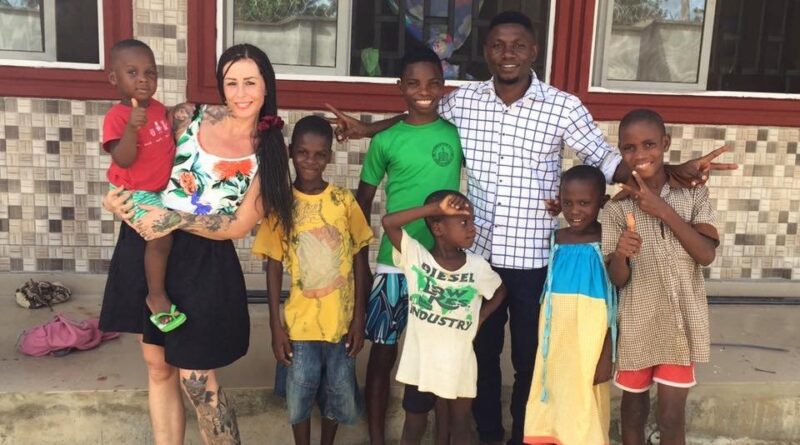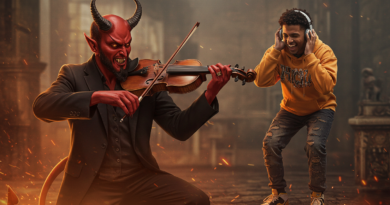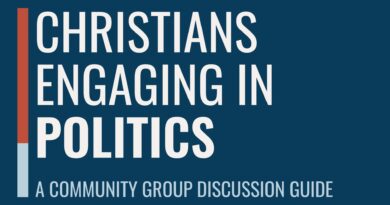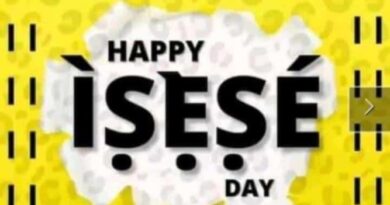Remembering Victims of Witch Hunts in Niger State
Calls for Collaboration
At a recent meeting co-hosted by the Mixed Observers Team, the Advocacy for Alleged Witches (AfAW) reaffirmed its commitment to ending witch-hunting practices in Africa. The group emphasized that no single organisation could achieve this goal alone, stressing the need for cooperation and synergy among stakeholders.
The Situation in Niger State
The forum, which was convened to mark this year’s World Day Against Witch Hunts, drew attention to the troubling situation in Niger State, where cases of witchcraft accusations and abuses remain widespread. AfAW revealed that it had intervened in several cases, particularly those linked to Hassan Patigi’s witch-hunting campaign, which was eventually curtailed through government intervention. Despite this, the organisation noted that witch hunts continue to rage across different communities in the state.
Why the Day Matters
According to AfAW, the meeting sought to explore ways to strengthen efforts at combating witch hunts in Niger State and across Nigeria. Observers were reminded that the International Day Against Witch Hunts, held every August 10, serves to highlight the injustices and abuses that accused persons—both past and present—have suffered worldwide. Several of these abuses, AfAW pointed out, had occurred in Niger State, including in towns such as Lapai, Mokwa, and Bida.
Honouring Victims and Survivors
For this year’s commemoration, AfAW dedicated the event to victims and survivors of witch hunts and ritual attacks. The organisation explained that these individuals deserved to be honoured, as they were victims of superstition-driven miscarriages of justice. Attendees were urged to reflect on people they may have known, growing up, who had been falsely accused, tortured, or even killed after being branded as witches.
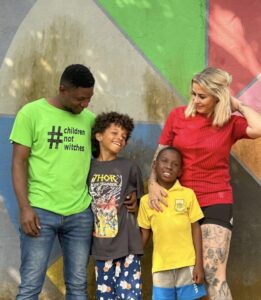
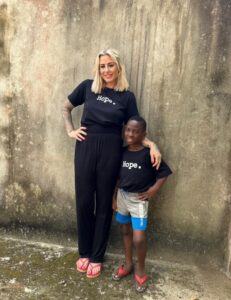
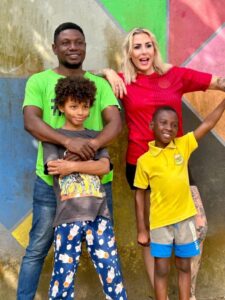
The Trauma of Accusations
The organization further highlighted the deep trauma endured by victims, often inflicted by their own relatives and communities. Many had suffered betrayal, humiliation, torture, and forced confessions for acts they never committed. AfAW cautioned that in a society where suspicion is easily weaponized, anyone could become a target, regardless of age, gender, or status.
The Story of Ya Kakasha
A moving example was shared about Ya Kakasha, a woman from Mokwa who recently passed away. She was a survivor of witch hunts but carried lifelong scars from the ordeal. According to AfAW, Kakasha was accused and tortured by her own son and relatives, leaving her with physical wounds, humiliation, and emotional trauma until her death.
Read Also: Trump to Honor Late Charlie Kirk with Presidential Medal of Freedom
Never Again to Witch Hunts
In honour of her memory, and that of countless others who have suffered similar or worse fates, AfAW declared that witch hunts must never be allowed to happen again. The organisation called on citizens to become advocates for alleged witches, stressing that the law is on the side of the accused. Section 210 of the Nigerian Criminal Code, it reminded participants, prohibits witchcraft accusations, while trial by ordeal and jungle justice remain illegal.
A Call to Action
The group concluded by emphasizing that witch hunting is a human rights violation. It urged individuals and communities to uphold the rule of law, defend the dignity of accused persons, and work toward ending abuses linked to witchcraft beliefs and ritual practices. Participants were encouraged to develop actionable steps and recommendations to support this cause in Niger State.
Content Credit | Olaoluwa Ayomide
Image Credit | globalgiving.org

